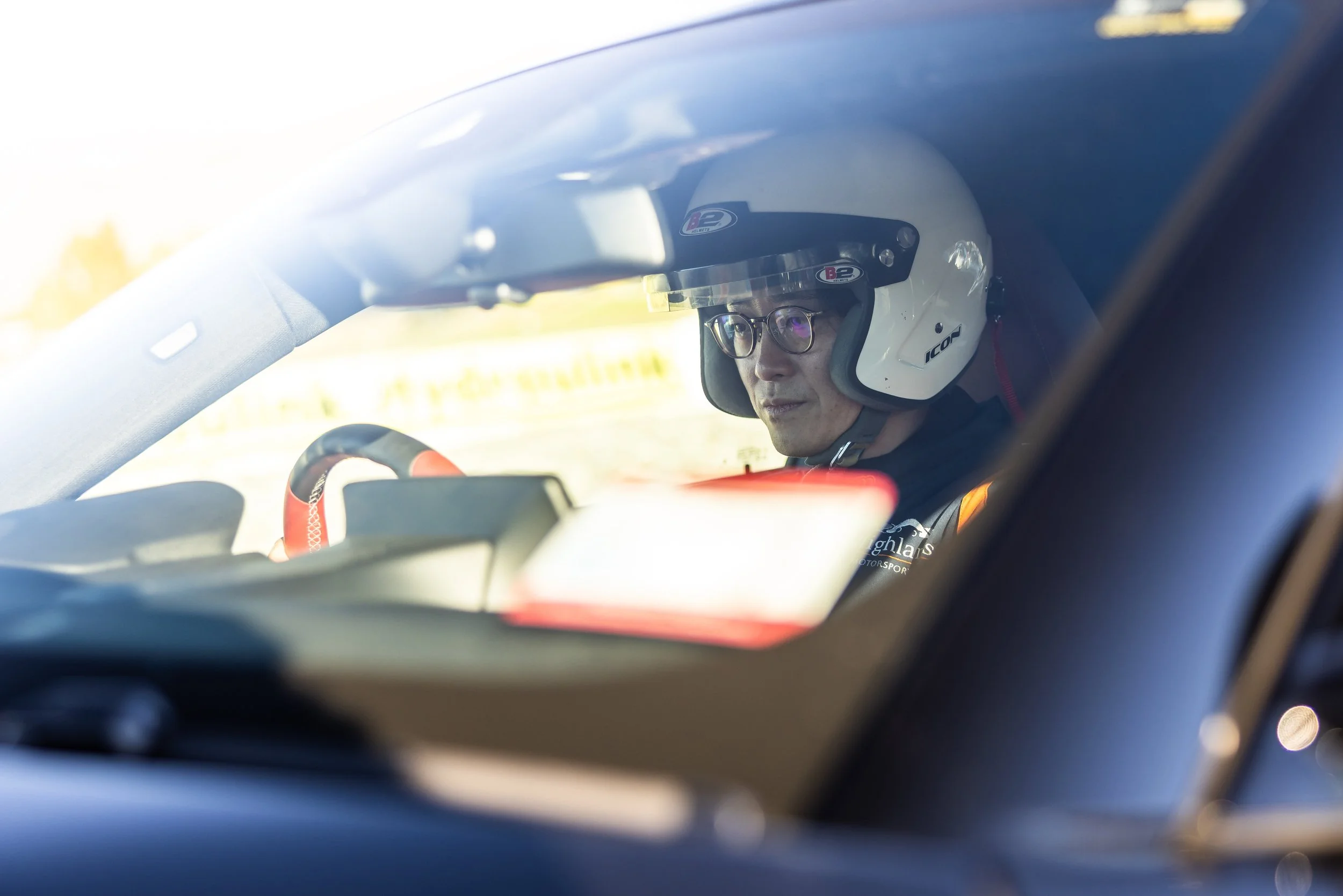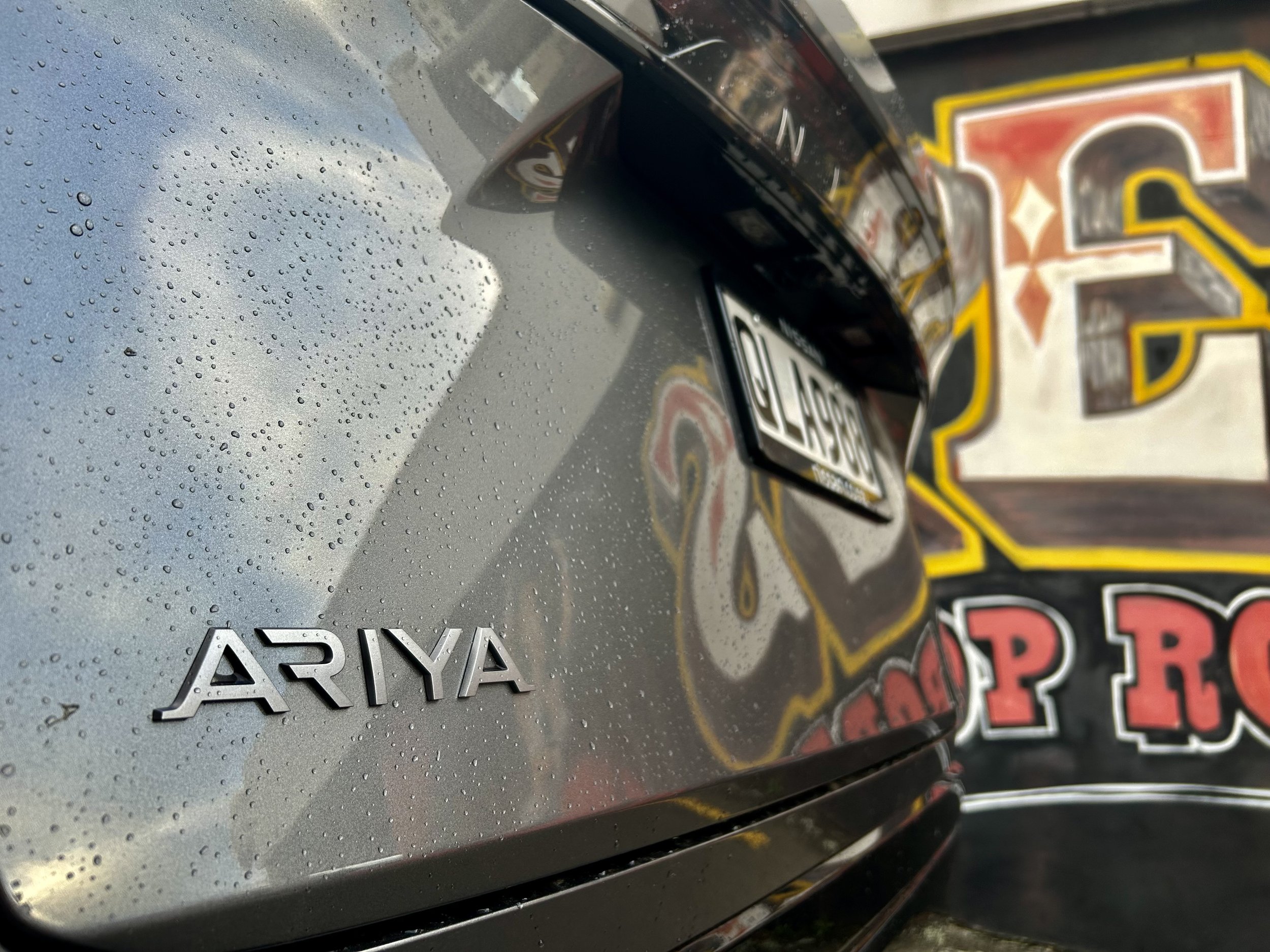Urbanaut takes physical form
/Brave Mini design study a pointer to future road fare
BUILD it and they will pun, right?
Previously only a digital mock-up first shown last November, Mini’s self-driving city electric, the Urbanaut, has now been built into a full-scale model.
Unkindly, or accurately, you chose, the butt of ‘automotive suppository’ humour since its unveiling at a design conference in BMW’s home town of Munich, Germany yesterday, the physical concept enables opportunity to further explore the Urbanaut's interior, which is the prime focus of the whole exercise.
The 4.46m long concept has been designed from the inside out with a focus on 'Clever Use Of Space', so the maximum amount of room has been created for occupants.
The car's electric drive system - a theoretical one at the moment – opportunes a spacious four-seat layout, with a pair of swivelling chairs up front and a sofa-style rear bench, so the cabin can be turned into a 'living area', rather than just being a car interior.
As per the original digital study, for reconfiguration, there are three Mini 'moments' (Chill, Wanderlust and Vibe) that adjust elements of the cabin - such as the lighting, ambient sounds and cabin fragrance - to reflect the car's surroundings.
Chill is what the make calls a 'safe haven', and creates a relaxing atmosphere, with the backlit Loop in the roof turning a dimmable green to represent a forest canopy, while the rear seat (or Cosy Corner) lets you relax in various positions and the car's audio system plays sounds such as rustling leaves and babbling brooks to help with the 'Chill' theme.
Wanderlust is a driving mode that can select between manual or autonomous control - a tap of the Mini logo on the dashboard introduces the steering wheel and pedals, while a central display in the cabin lets passengers see journey time and other information.
Vibe turns the Urbanaut into something like a boom box on wheels. The car's side door and flip-up windscreen open, the central display turns into a media control centre and lighting inside and out (including the wheels) is animated in time with the music you're playing.
Mini says the flexible nature of the interior means it can be used as “an urban space for people when it’s standing still”, as well as an electric urban mobility solution.
While there remains no firm production intent for the Urbanaut, the concept is drivable and serves as a preview of what to expect from all future Mini models, including the next three-door hatchback, due in 2023.
In other Mini news, Matt Schmidt has been announced as the new general manager of Mini Australia and New Zealand, replacing Brett Waudby who now becomes head of Mini’s retail network. Schmidt’s move comes into effect today.
“Brett and Matt are two experienced leaders with considerable knowledge of the BMW Group brands. They have brought important change and growth to both BMW and MINI and their expertise will be of great benefit to their new positions and their new teams,” said Wolfgang Buechel, BMW Group Australia chief executive.
“It’s an incredibly exciting time for both BMW and MINI. Both brands are evolving to include an expanding range of plug-in hybrid and fully electric models, which are integral to our overall electrification strategy.
“In addition, the deployment of progressive digital solutions that provide customers with a convenient and quick way to view and purchase our products will also remain a key focus area of our business.”



















